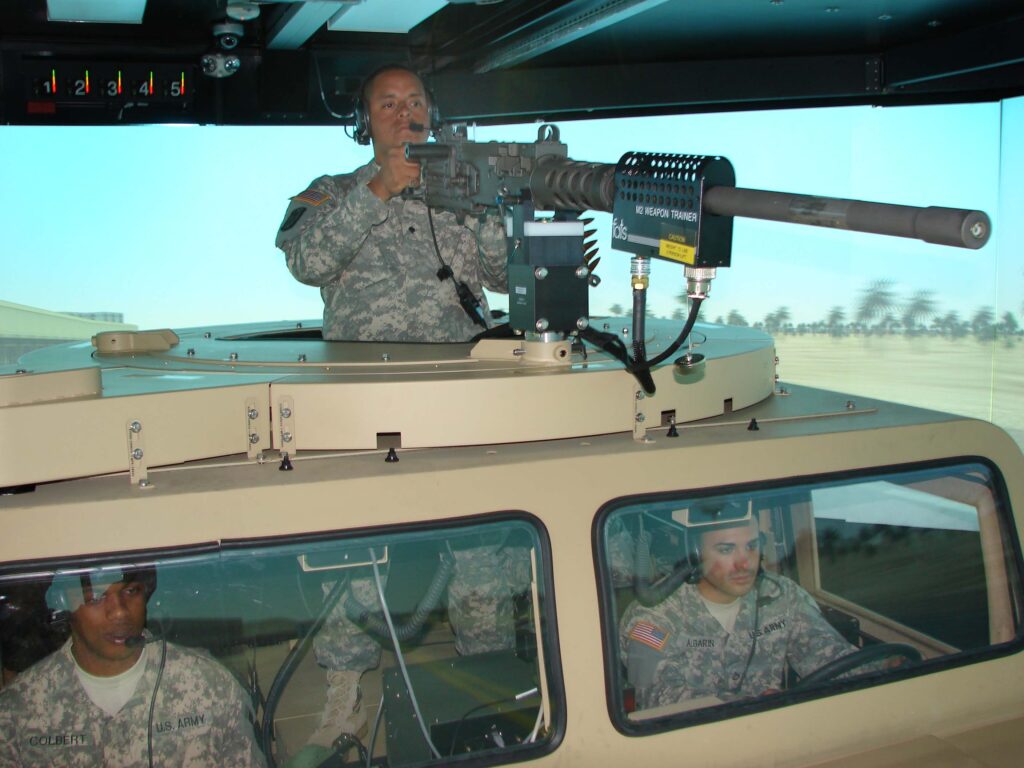War games have long been a vital tool in military training, allowing soldiers to sharpen their skills and strategies in simulated combat scenarios. From ancient times to modern warfare, these simulations have evolved from physical models to sophisticated computer programs and virtual reality experiences. The benefits of war games are numerous, offering soldiers the chance to improve critical thinking, strategic planning, and communication skills. With the latest advancements in technology, such as virtual reality simulations, soldiers can now experience lifelike combat situations and receive immediate feedback on their performance. These advancements help soldiers develop muscle memory and quick decision-making abilities, ensuring they are prepared for any battlefield challenge.
War Games: Understanding the Role of Strategic Simulations in Military Training
Introduction
War games have been an integral part of military training for centuries. From ancient civilizations to modern armies, strategic simulations have been used to hone soldiers’ skills, test battle strategies, and prepare for real-world combat situations. In recent years, technology has played a significant role in revolutionizing the way war games are conducted, with the development of sophisticated computer simulations and virtual reality training programs.
The Evolution of War Games
Historically, war games were played using physical models and maps to simulate battlefield scenarios. These games allowed military leaders to practice their decision-making skills, plan tactics, and assess the potential outcomes of different strategies. As technology advanced, computer-based simulations became more prevalent, offering a more realistic and dynamic training experience.
The Benefits of War Games
War games provide numerous benefits to military personnel. They allow soldiers to practice their critical thinking skills, improve their strategic planning abilities, and develop effective communication with their team members. By simulating realistic combat scenarios, war games help soldiers become better prepared for the challenges they may face on the battlefield.
Current Trends in War Games
With the advent of virtual reality technology, war games have become even more immersive and realistic. Virtual reality simulations allow soldiers to experience lifelike combat situations, test their skills in a safe environment, and receive immediate feedback on their performance. These advanced training programs help soldiers develop muscle memory and improve their reaction times, leading to more effective decision-making in high-pressure situations.
Conclusion
War games play a crucial role in military training, providing soldiers with a realistic and dynamic learning experience that prepares them for the challenges of real-world combat. By incorporating advanced technology such as virtual reality simulations, military organizations can ensure that their personnel are well-equipped to handle any situation they may encounter on the battlefield.
